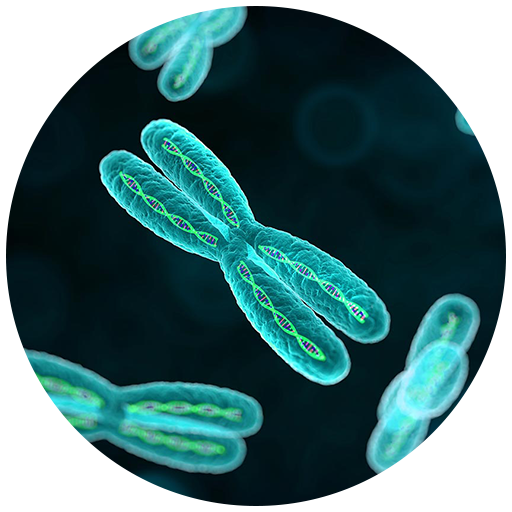Discover your unique metabolism personality
.png)
Mind body health made simple
Be the architect of your vitality with measurable results
People
know-how
medical awards


Maximize your metabolism
“Equipped with years of research and positive outcomes, Dr. Noel Maclaren & Sunita Singh Maclaren have created a playbook for changing lives” - Zara Ingilizian. Member of The Executive Committee, World Economic Forum
Chosen as one of the best books on health by The World Economic Forum in 2021
Make a new best friend.
Just for you...
That friend is the vital connection between your body and your human spirit - your metabolism. 1:4 people experience trouble with our metabolism. Do you?

.png)
Frequently asked questions
How can my metabolism be improved?
Today we understand more than we ever did about how cells grow, how they respond to stress, and how they signal each other – all decisions that affects your metabolism health. We also know more about the role of genes and the environment. We can use this knowledge for huge benefits to your sense of well-being.
What are the symptoms associated with insulin resistance?
Other than the symptoms mentioned before, common symptoms of insulin resistance include dark circles around the eyes, hair loss, facial hair in women, belly fat, abnormal glycemic and fat levels. In terms of brain health, insulin resistance is closely linked to depression and dementia and increasingly to autism and bipolar disorder.
What are the signs that my metabolism is off balance?
Common symptoms include unwanted weight gain, chronic fatigue, excess abdominal fat, and brain fog.
Since it occurs in families, does it affect every family member?
If you have a parent or grandparent who has (had) diabetes, Alzheimer’s or a stroke, chance are that you might be at risk for insulin resistance. However, it does not affect every member of a family. Two siblings may share the same diet and have very different metabolic responses. When insulin resistance is passed on from both the mother’s and father’s family, its effects are understandably greater.
What is insulin resistance?
Insulin resistance occurs when cells in your muscles, fat and liver don’t respond well to insulin. This means that your body must make more insulin to help you function. Over time, higher circulating insulin levels lead to the symptoms associated with insulin resistance.
Fall in love with your MetaKura program
Get Started Today
Start your free trial
Lorem ipsum dolor sit amet, consectetur adipiscing elit. Donec nunc risus, consectetur eu sodales elementum, convallis in neque. Phasellus a felis ut erat hendrerit accumsan.














